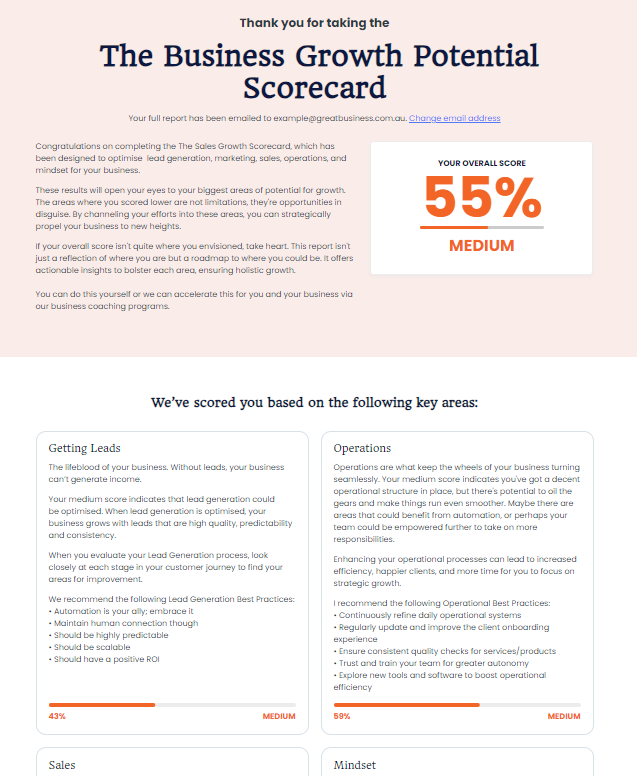
Are you starting up the beautiful business you have been dreaming about in your corporate or government job? Or, perhaps you have already started your business adventure.
In the first years of startup, you may find yourself caught up in a whirlwind of ideas for your making your business work on so many levels – financially, personally, growing your tribe and customer base.
You have found the business coach that will make you an overnight 6 figure success.
Time to start thinking about your branding.
Your head does a 360 to your new website.
Suddenly you are seeing clients and then you realise you can’t do it all alone and you need to outsource.
Oh and then you need life coaching to help you manage your mindset because business has taken over life and where is the balance?
Its easy run aground in each of these relationships with business coaches, graphic designers, website developers, VA’s, social media managers, life coaches and therapists, when engagement often occurs on the strength of a conversation in Facebook group or a connection at a Meetup.
The urgency to get stuff done is part of the mindset of Startup entrepreneurs. In excitement, or the rush to make our businesses happen, we find yourself handing over precious funds with little or no idea of what we have paid for or been sold, other than what was other than the glowing persuasive copy on the sales page or the super friendly email that convinces us that this person will solve our current business problem with a VIP ticket to success.
So when you are not getting results and your business struggles to make $600 let alone 6 figures, the branding delivered is so not YOU, and your website developer is not answering your calls and is 3 months past the date promised to go live, and your social media presence, profile and reach sucks, you are looking at potential legal issues that can bring your beautiful new business to a standstill and mess with your head.
5 Tips to Avoid Startup Business Risk Management
Here are 5 tips to avoid legal problems when engaging coaches, consultants, website developers, graphic designers, or any other service provider to support you in your business :
1. Ask for Business Terms and Conditions or a Client Agreement
Each time you spend money on a service – even if its $50 – ask for business terms and conditions so you know what the deal is with refunds and cancellations if you have an issue or complaint.
It pays to ask for one because it will cost you more in dollars and heartache to get any refund if you didn’t get what you paid for and helps to avoid startup business risk management.
With any coaching or consulting service that requires you buy a package of coaching or service hours with a business, productivity, financial, health or any other type of coach or consultant or service provider, insist on a client agreement.
2. Look for the following in the Client Agreement and Business Terms and Conditions:
- Is the service you have paid for described accurately either in the agreement or refers to your individual quote that is covered by the agreement or terms.
- Is the payment process described clearly – what are you paying, when and how?
- What are the timeframes for delivery of the service you are paying for?
- Can you reschedule? And if so how much notice do you need to give?
- When is there an opportunity for review of services?
- Can you cancel? If so how?
- Can you get a refund?
- Is there a clear process for you to follow if you are unhappy with the service?
- Who owns any copy or graphics or blue prints produced for you?
- What are you expected to do? And is this doable for you.
Get a sense of whether the service description, terms and conditions, expectations and boundaries in the agreement are fair, accurate, and doable and if you can say yes, then you’re on the right path to avoiding startup business risk management.
3. READ the Agreement and ASK questions.
Properly drafted Client Agreements and Business Terms and Conditions will be informative, clear, use simple language and be accessible to you either in the proposal, on the invoice or on the website.
If you want something changed for your particular business or circumstances, request an amendment in writing. Business is about relationship building and negotiation.
4. Don’t agree or sign up to the service if you do not understand the Client Agreement or terms.
If a Client Agreement is badly drafted i.e. uses difficult language, is ridiculously long or appears to be completely unlike the business that the marketing has lead you to believe, consider the document a possible deal breaker.
Let the business owner know you don’t understand the document, it is too difficult to read and you do not feel comfortable doing business with terms that appear difficult to understand or irrelevant.
Request an appropriate document that is clear, relevant and easy to read and comprehend.
As one business owner to another, this is probably the best thing you can do for your business and theirs.
5. MOST IMPORTANT TIP – Startup is a mindset as much as it is a business stage. It is not a permanent state.
As a new business that will soon be a grown up business, it is a smart move to invest in developing Business Terms and Conditions and Client Agreements for that protect your business, represent your processes and values authentically, and educates your clients to be your ideal client.
For a free chat click here.
About the Author
Shalini is a legal coach and lawyer. She has always loved the law and yearned to work differently from traditional legal practice.
Now, in coaching and mentoring women in business from startup to whenever, Shalini helps her tribe by using life skills gained from her “other” life as an entrepreneur in two countries, cohabiting in 2 distinct cultures, and lawyering in two jurisdictions.
Shalini is also a mother, partner, journalist, community worker, spiritual seeker and self-confessed lover all things that are based in joy, ease and grace!
You can connect with Shalini on Facebook at Legally Shalini.








